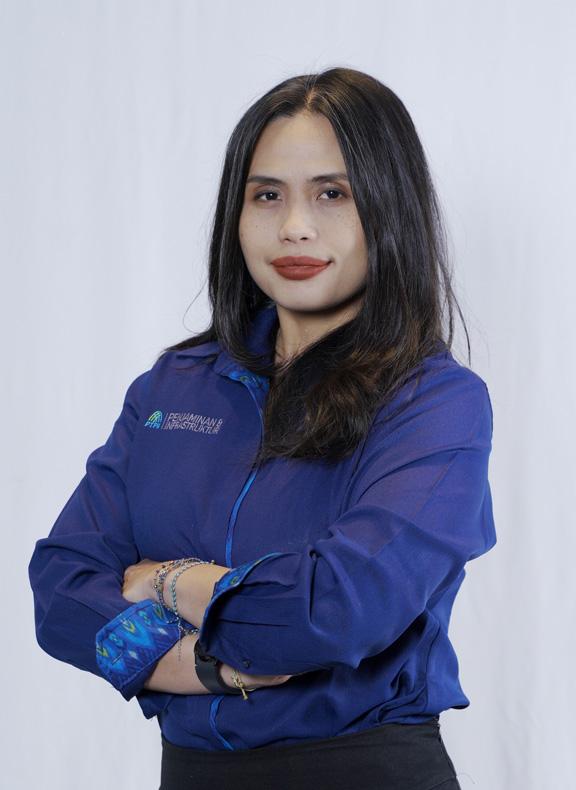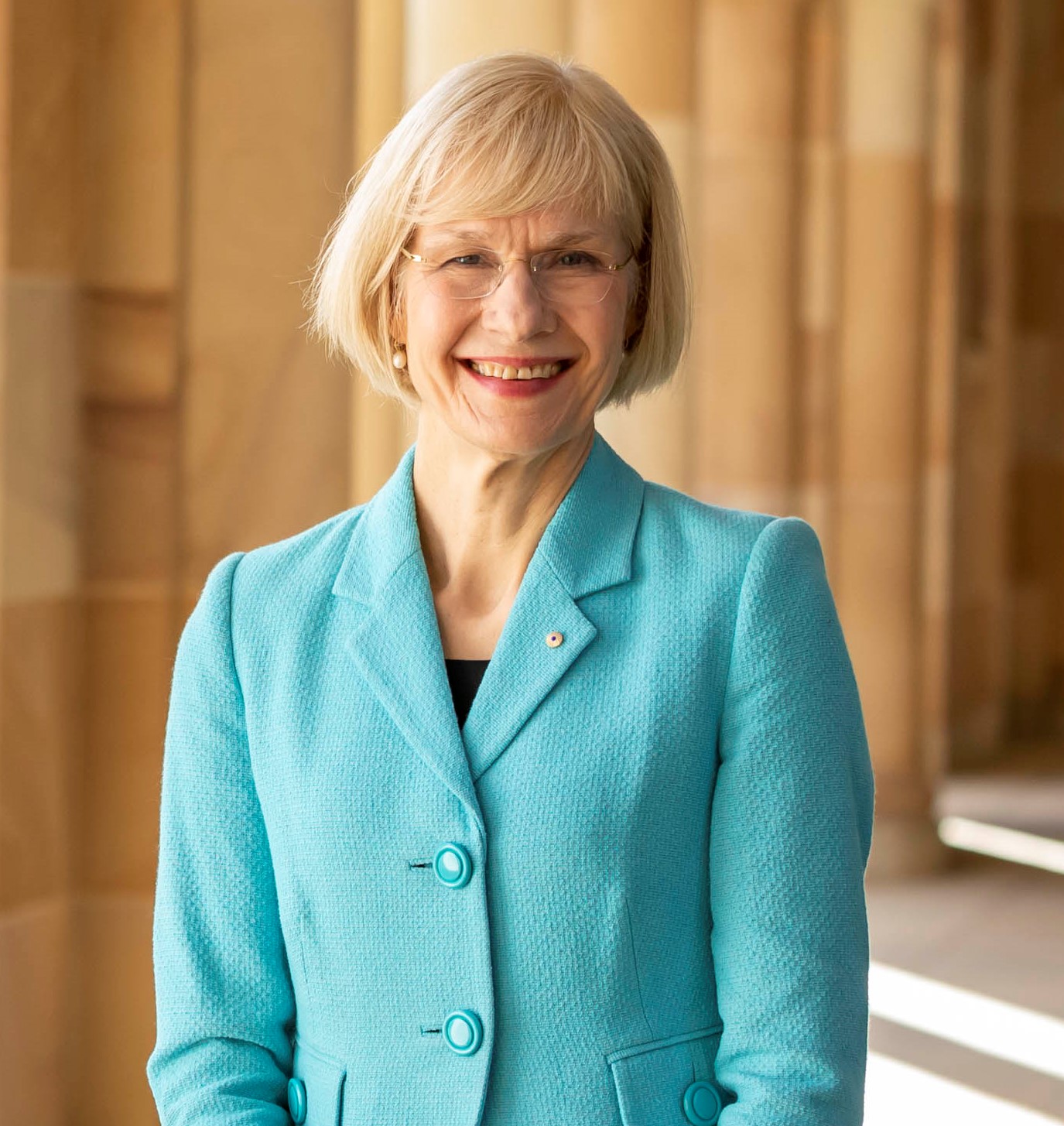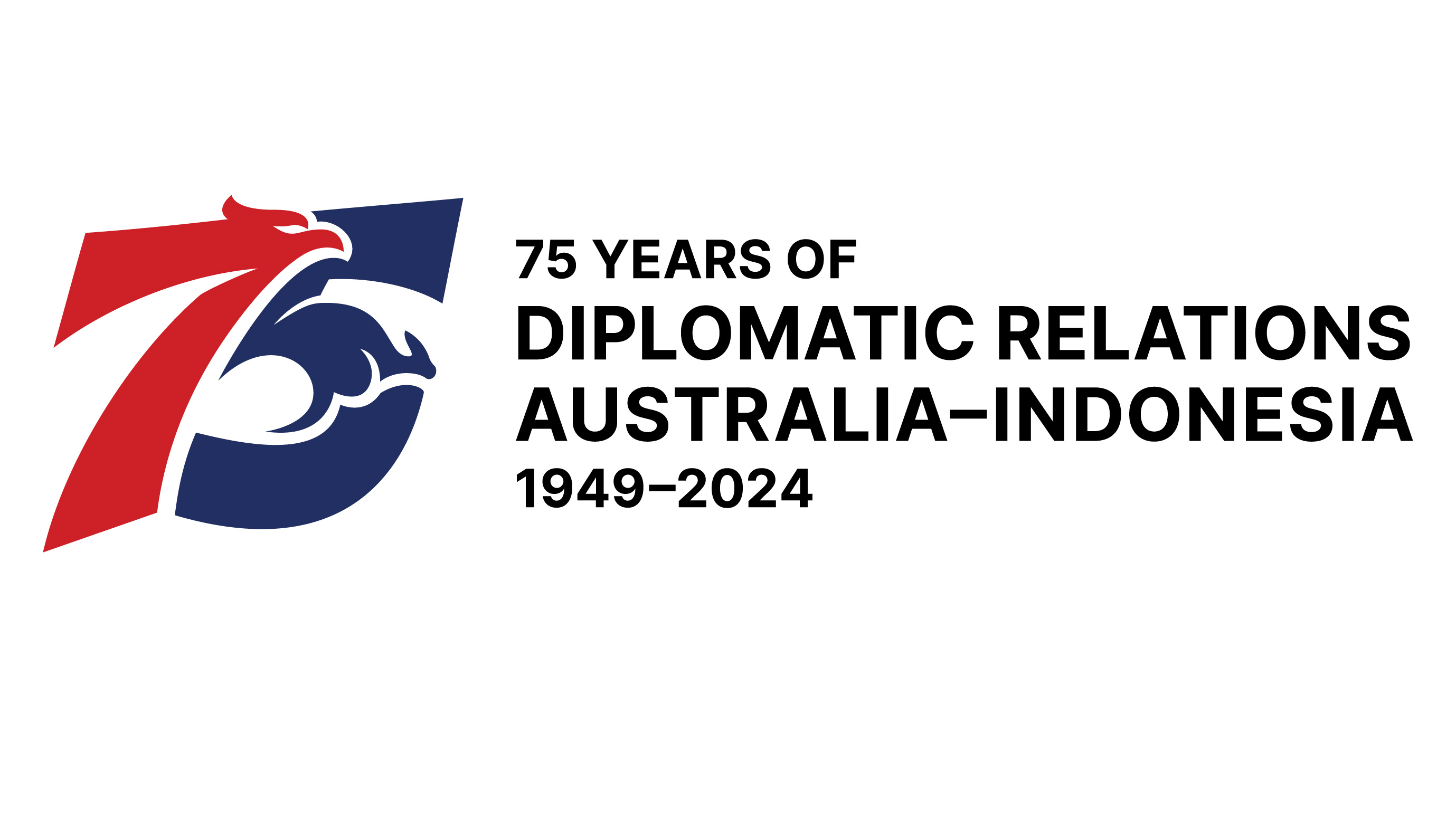Indonesia is Australia’s neighbour by geography and a friend by choice. 2024 marks 75 years of diplomatic relations between Australia and Indonesia.
This celebration underscores our shared history, mutual respect, and collaborative efforts in the fields of education, culture, and trade. Public murals, gala dinners, and cultural exchanges are just some of the events being held to commemorate this occasion, reflecting the strong bonds and future potential of this relationship.
The University of Queensland (UQ) has a long-standing and robust relationship with Indonesia, spanning over 50 years. This partnership has fostered educational and research synergies, formed long-lasting networks through industry and esteemed alumni, creating a positive impact for both parties.
UQ’s International Development unit is one of the leading university development groups in the Asia-Pacific region, helping to build the capacity of people and organisations around the world to achieve their development goals.
For over 10 years, UQ International Development has been one of the largest delivery units for Australia’s Department of Foreign Affairs and Trade’s (DFAT) prestigious Australia Awards in Indonesia Short Courses.
Australia Awards Short Courses equip emerging leaders in Indonesia with the knowledge and skills needed to advance their country’s development, prosperity and resilience, which includes infrastructure development.
Through leveraging the knowledge, expertise and leadership of UQ's staff, UQ International Development has delivered contextualised client-focused activities that have created positive outcomes for more than 990 emerging leaders from Indonesia to study, research and undertake professional development in Australia.

Syanthy Christianty is one such leader. As Vice President of Legal and Compliance at the Indonesia Infrastructure Guarantee Fund (IIGF), Syanthy found the UQ-led Australia Awards Short Course on ‘Infrastructure: Financing Structures, Instruments, and Incentives’ highly relevant to her work in Indonesia.
To support participants to apply their learnings when they return to their organisations and the wider community, short courses include an Award Project, designed to bring together new knowledge and methodologies towards solutions for challenges being faced today.
An added challenge for Syanthy and her group, whose project was centred on Waste to Energy (WTE), was the completion of her short course via a hybrid model due to the ongoing effects of the global pandemic, while continuing to manage the Legok Nangka Waste to Energy Project at IIGF.
“I am delighted that after years of planning and preparation, a cooperation agreement on the development of Legok Nangka regional waste treatment and processing facility through Public Private Partnerships (PPP) was signed on 28 June 2024 between the Governor of West Java and Special Purpose Vehicle established under the name of PT Jabar Environmental Solutions with initial guarantee by IIGF,” she said.
Syanthy has shared that her time undertaking the short course has increased her confidence in decision-making and as a leader. She found the lack of hierarchical boundaries during these interactions particularly noteworthy, as it fostered brainstorming and collaboration – skills that Syanthy brought to her role in negotiating the Waste-to-Energy agreement.
“The agreement means that waste generated from household activities and other household-like waste from commercial, industrial, and other facilities will get turned, using thermal technology such as incineration, gasification, and pyrolysis (thermal decomposition), into electricity generation,” Syanthy said.
Once electricity is generated, Indonesia’s leading power company, PT PLN (Persero) will buy it under a take-or-pay agreement and the Special Purpose Vehicle, a legal entity used to facilitate financing and manage risk, will receive a pre-agreed feed-in tariff. PT PLN (Persero) is set to purchase 40.79MW of electricity for 20 years from the start of operations which is approximately the equivalent of powering 34,000 homes.
In Indonesia, PT PLN (Persero) is the only company allowed to sell electricity directly to households. This means the electricity can be used by homes in Indonesia, especially in Java, once it enters the grid.
“Since my project for the short course was based on a real project, having it discussed and commented on by the expertise from Australia was insightful and contributed many perspectives for me and the team in IIGF in dealing with the real project.”
“Personally, the short course gave me knowledge regarding a ‘better’ way to perform the PPP.”
“During the short course, I gained so much insightful knowledge on how the PPP should be launched with benchmarking to some practices in Australia, one of the leading countries for PPP."
“In the short course, I also engaged with many professionals in their expertise areas. This engagement is useful for me since, in managing the PPP, the stakeholders are important. I have also met with many government officials who are the decision-makers in ruling and preparing the PPP, such as officials from the Ministry of Finance, the Ministry of Public Works, and the National Development Planning Agency (Bappenas).”
It is with thanks to the Australia Awards Short Course that Syanthy was provided a platform from which she could assist the Government of Indonesia in developing private participation in infrastructure development – one of the country’s key economic goals.
One of UQ’s key values as a university is to have extensive global reach in education and research with a strong commitment to capacity building in the Indo-Pacific.
Forging global partnerships and connectivity is at the heart of UQ’s vision to deliver knowledge leadership for a better world.

President and Vice-Chancellor Professor Deborah Terry AC amplified the importance of UQ’s role in global development by including it in the University’s Strategic Plan.
In alignment with Government priorities, UQ is focusing efforts on capacity building across the Indo-Pacific to support our region in delivering global development leadership towards achieving the UN's Sustainable Development Goals.
“We developed UQ’s Global Development Impact Plan back in 2021 to encourage better coordination of our international development efforts across the many areas where we have expertise, including teaching, research, policy development, program delivery and advisory services,” Professor Terry said.
“Ultimately, our institutional mission at UQ is to ‘deliver for the public good’. And, consistent with that, the unifying purpose of all of our global development activities is to deliver programs that build the capacity of people to contribute to the sustainable development of their own local communities, or their nation.”
UQ is dedicated to continuing to grow our partnership with Indonesia, and in August 2024, Vice-Chancellor Professor Terry will lead an executive mission to Indonesia to engage with UQ's selected partners and stakeholders.

This artwork commemorates the 75th Anniversary of Australia-Indonesia Diplomatic Relations. Indonesian artist Tutu and Australian artist George Rose collaborated to create a bespoke mural.
Karya seni ini dipersembahkan untuk memperingati 75 Tahun Hubungan Diplomatik Australia-Indonesia. Seniman Indonesia, Tutu, dan seniman Australia, George Rose, berkolaborasi untuk menciptakan mural yang istimewa ini.



